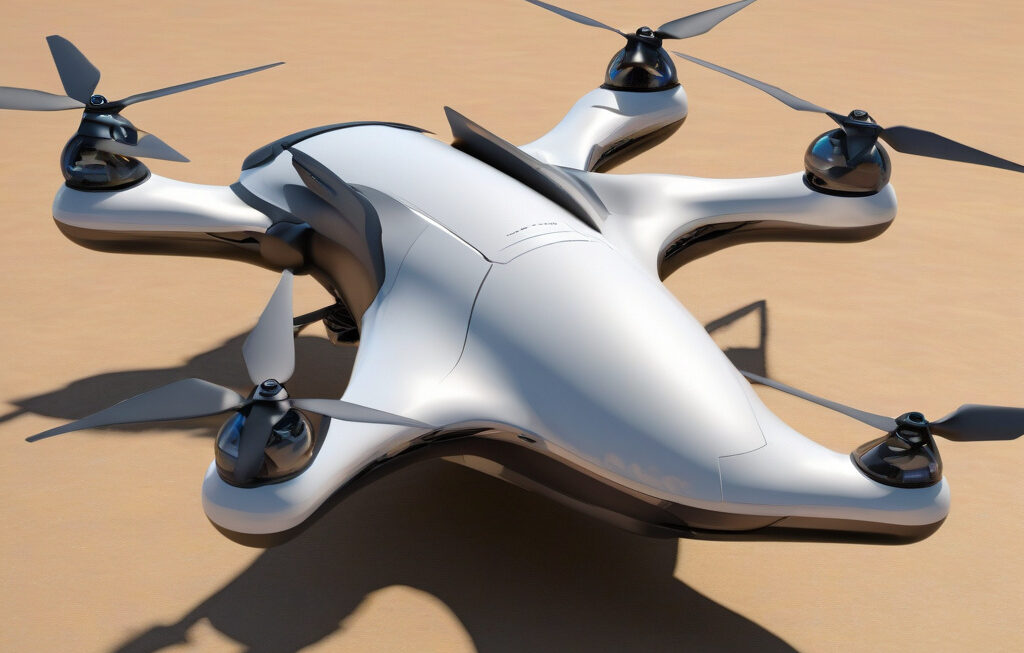AI Giants Apple and OpenAI Under Fire for Alleged Anti-Competitive Practices
In the dynamic and fiercely competitive landscape of artificial intelligence, the recent allegations against tech behemoths Apple and OpenAI have sent shockwaves through the industry. The lawsuit filed by xAI, a rising star in the AI sector, accuses Apple and OpenAI of engaging in anti-competitive behavior to stifle competition and maintain their dominance in the field.
At the heart of the controversy is the strategic partnership between Apple and OpenAI, two heavyweights in the AI realm. The lawsuit, spearheaded by xAI CEO Elon Musk, a prominent figure in the tech world, alleges that the collaboration between Apple and OpenAI was not just about advancing AI research, but rather a calculated move to block out potential competitors like xAI from gaining traction in the market.
The implications of these accusations are significant, as they raise concerns about the fairness and transparency of competition in the AI industry. With AI technologies becoming increasingly integrated into various aspects of our lives, from autonomous vehicles to healthcare systems, the need for a level playing field where innovative startups can thrive and challenge established players is more crucial than ever.
Apple and OpenAI have yet to respond publicly to the allegations, but the lawsuit shines a spotlight on the power dynamics at play in the AI ecosystem. While collaborations between tech giants can lead to groundbreaking advancements in AI research, they also have the potential to create barriers to entry for newcomers and restrict the flow of innovation.
Elon Musk’s decision to take legal action against Apple and OpenAI underscores the high stakes involved in the AI race and the growing scrutiny surrounding the practices of industry leaders. As the case unfolds, it is likely to prompt discussions about the need for stronger regulations to prevent anti-competitive practices and ensure a competitive and diverse AI landscape.
In a field where breakthroughs can reshape entire industries and redefine the way we interact with technology, fostering a culture of healthy competition and innovation is paramount. Startups like xAI represent the cutting edge of AI research, bringing fresh ideas and perspectives that have the potential to drive the industry forward and push the boundaries of what AI can achieve.
The outcome of the lawsuit will not only have implications for the companies involved but also for the broader AI community. It serves as a reminder of the importance of upholding fair competition principles and protecting the interests of both consumers and innovators in the rapidly evolving AI space.
As the debate around AI ethics and regulation continues to gain momentum, cases like this one serve as a litmus test for the industry’s commitment to fostering an environment where competition can thrive and innovation can flourish. The outcome of this legal battle could set a precedent for how competition is regulated in the AI sector and shape the future of technological advancement.
In the end, what is at stake is not just the outcome of a legal dispute between industry giants, but the very essence of innovation and progress in the AI industry. As stakeholders await the resolution of this high-profile case, the implications for the future of AI competition remain uncertain, but one thing is clear: the spotlight is firmly on the practices and ethics of those driving the technological advancements that will shape our future.
#AI, #Competition, #Innovation, #TechGiants, #Ethics












